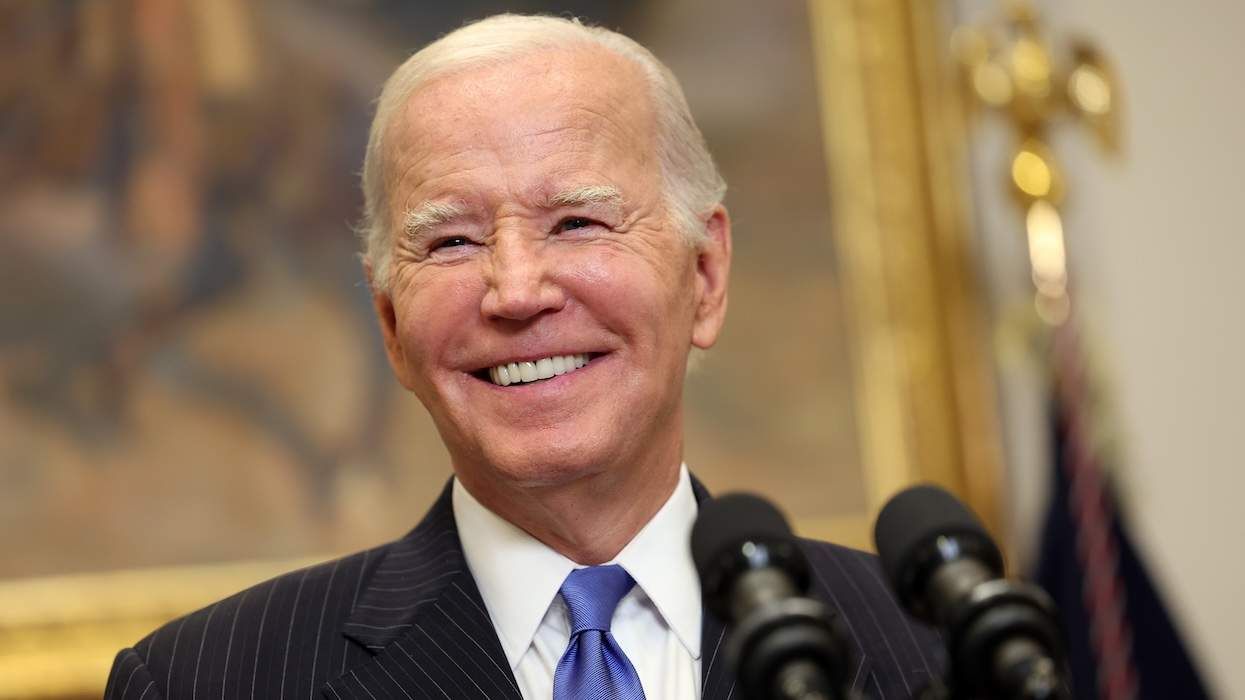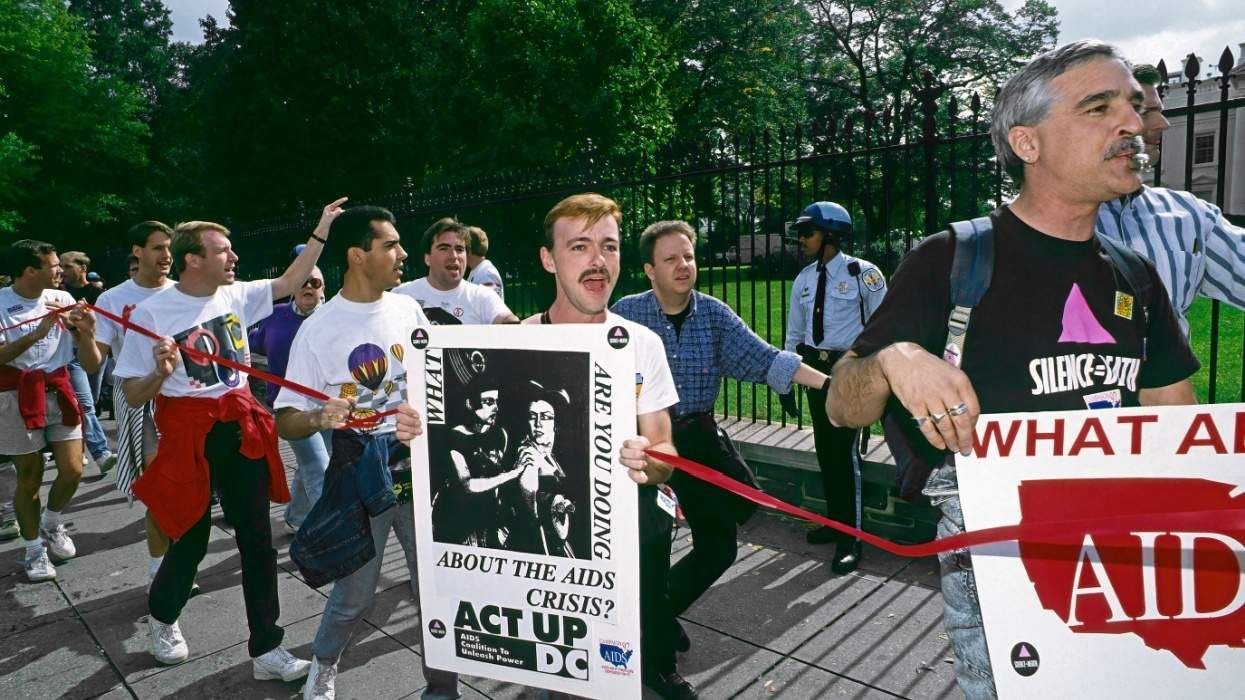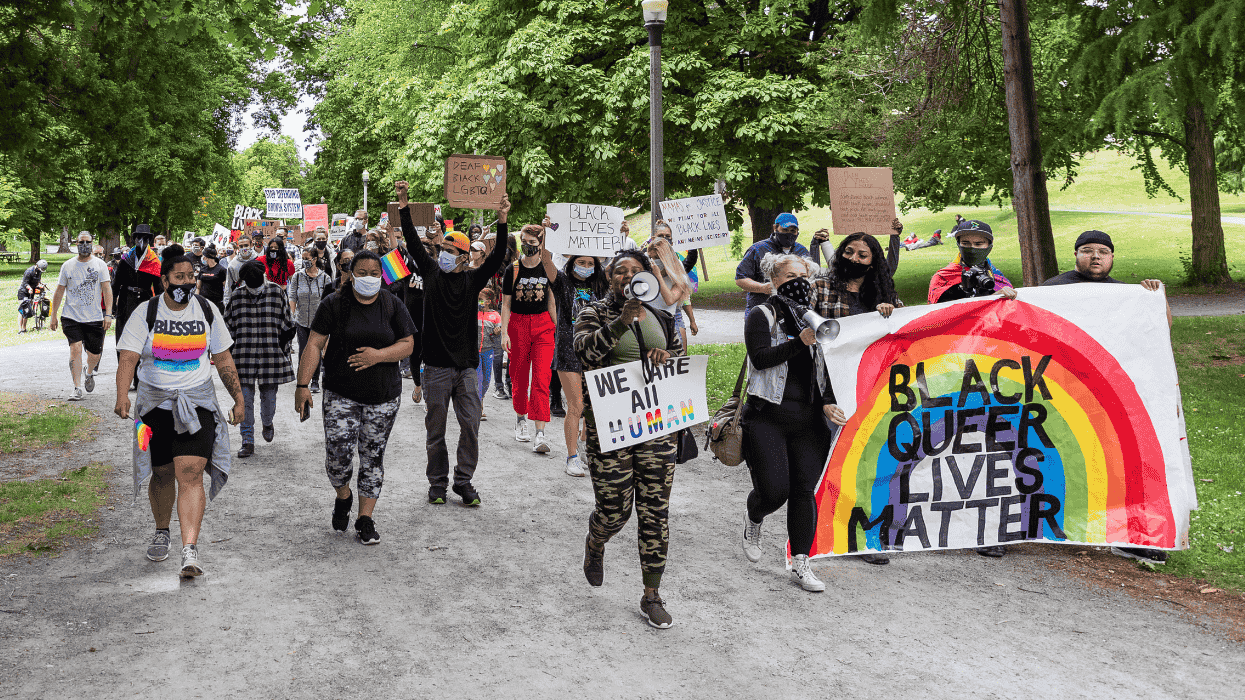Chelsea Manning, the former Army private and transgender whisteblower serving 35 years in military prison for exposing U.S. security secrets to website Wikileaks, has reportedly been approved by the Defense Department to begin hormone therapy in military prison, reports USA Today.
Col. Erica Nelson, the commandant at the all-male U.S. Discriplinary Baracks in Fort Leavenworth, Kansas, where Manning has been held following her 2010 conviction, reportedly gave Manning the greenlight to begin hormone treatments in a February 5 memo, according to anonymous department officials cited by USA Today.
Manning has been lobbying for access to treatments, which her doctor determined were "medically necessary," in line with the American Psychiatric Association and American Medical Association's stances on transition-related healthcare, since shortly after she came out as trans in August 2013.
This directive -- if followed through -- marks the first time the U.S. Army has allowed an imprisoned soldier access to hormone therapy, and follows Manning's lawsuit against the Pentagon and former Secretary of Defense Chuck Hagel, seeking access to treatment in September 2014.
It's unclear when or if Manning will in fact recieve such treatment, particularly because there has been no change to current military regulations that determine any transition-related treatment, or even a diagnosis of gender dysphoria, as evidence of a "mental illness" and grounds for discharge. Notably, then-Secretary Hagel reportedly approved Manning for "rudimentary" treatment for her diagnosed gender dysphoria in July 2014, but a month later Manning made a public statement that she had not received any treatment, and had instead been subject to government "lip service."
In that 2014 statement, Manning reiterated an argument often advanced by her attorney, American Civil Liberties Union LGBT and HIV Project lawyer Chase Strangio, pointing out that denial of treatment deemed medically necessary constitutes a violation of her basic rights, including the freedom from "cruel and unusual punishment," guaranteed by the Eighth Amendment.
Manning went on to describe in her statement feelings of depression and anxiety that emerged from not being able to express her authentic gender, stating in her lawsuit that, "I do not believe I'll be able to survive another year or two ... without treatment." She detailed the strictly regimented gender presentation mandated by military prison policy, and noted that these requirements -- including the name sewn into her clothes, pronouns used to refer to her, and grooming standards to which she must adhere, including her haircut -- restrict her ability to express herself.
The Defense Department's recent decision to allow her hormone therapy does not alter these regulations, notes Strangio. "The military continues to refuse to let Chelsea grow her hair like other female prisoners, a critical part of her treatment plan that has been recognized by her doctors. The resistance to meeting Chelsea's full treatment needs is a reflection of the deeply entrenched stigma associated with transgender health care."
Still, Strangio is cautiously optimistic as Manning awaits the day she'll begin hormone therapy. "She has fought her whole life, and particularly over the course of the past few years, to be seen and affirmed as who she is -- as Chelsea. We are thrilled for Chelsea that the government has finally agreed to initiate hormone therapy as part of her treatment plan," he stated.
"But the delay in treatment came with a significant cost to Chelsea and her mental health, and we are hopeful that the government continues to meet Chelsea's medical needs as is its obligation under the Constitution, so that those harms can be mitigated."




































































Charlie Kirk DID say stoning gay people was the 'perfect law' — and these other heinous quotes